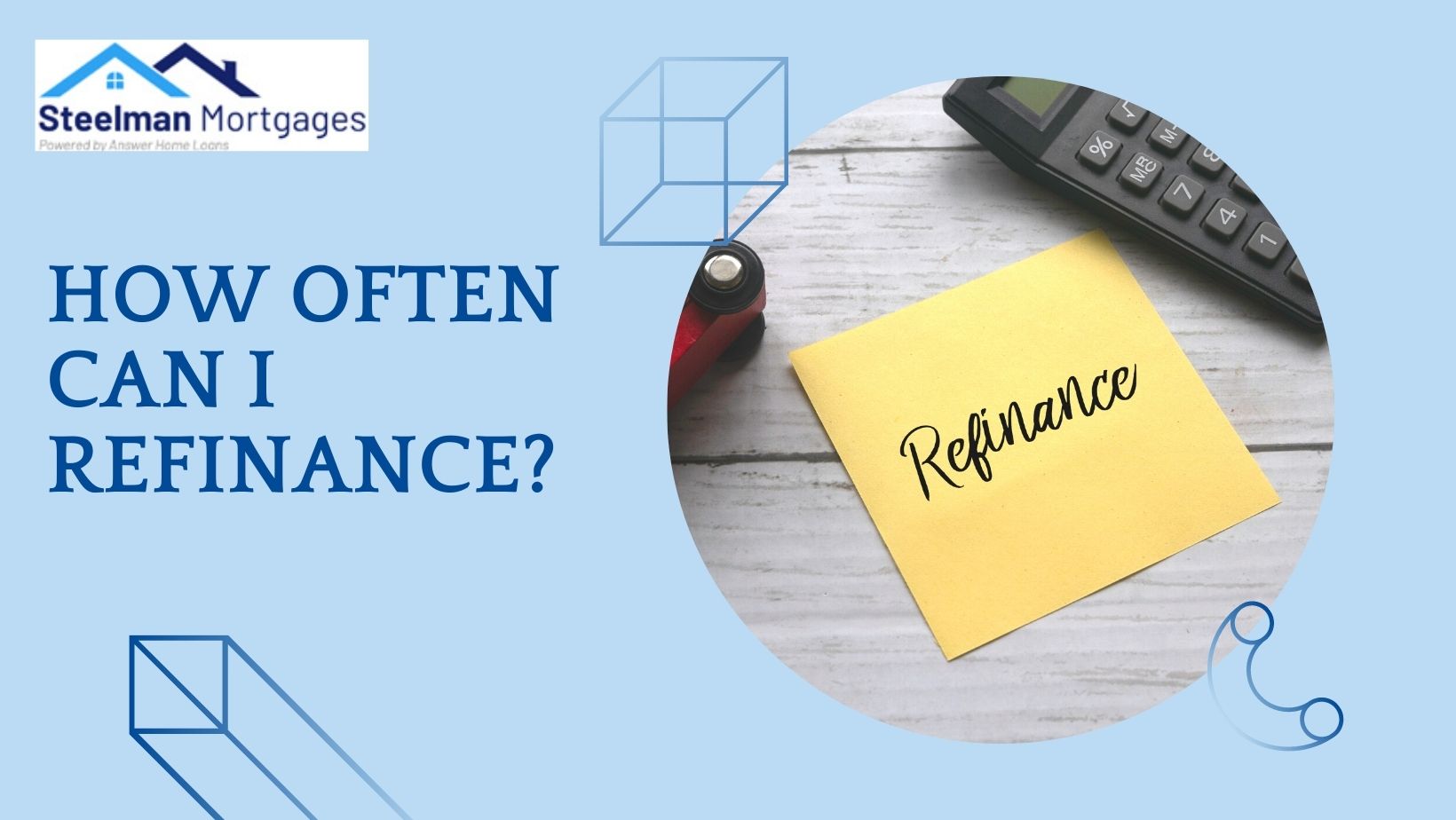Once you realize that refinancing can offer a long list of benefits (lowering your monthly payment, cashing out your equity, and getting out of PMI), you will likely want to know how often you can refinance to reap these benefits. The short answer is if you have a conventional loan you’re allowed to refinance as often as you would like. Some lenders do place limits on how soon after the initial closing you can refinance, and FHA loans come with their own timeline as well, but in most cases, there is no legal limit on the number of times you can refinance your mortgage or the amount of time that needs to pass between refinancing.
Is It Worth It?
It’s important to know how to figure out if refinancing, whether for the first time or the fifth time, makes financial sense. The terms of the loan, specifically closing costs and interest rate, will be the most important factors to consider. Generally speaking, if a refinance will bring your interest rate down by at least .05% it will save enough money to be worthwhile. While you can nearly always roll closing costs into the loan itself, you will also be tacking on a small sum to the principal. It is important to have an idea of how long you expect to own the home before selling it in order to calculate whether a refinance is worth it in your specific scenario. A general rule of thumb is if the closing costs of the loan will be recouped within five years or less, the refinance will be worthwhile (assuming you plan to own the property for at least five more years).
Increasing the Loan Term
In most cases, refinancing will either mean a 15 or 30 year term begins at the refinance closing date. Logically, the more you refinance, the longer it will take to pay off your mortgage, as you kick the proverbial can down the proverbial road with each refinance. Often, this still makes financial sense if it allows your monthly payment to be significantly more manageable or provides finances for home improvement or repair.
Meeting Lender’s Standards
While there is no legal limit to how many times or how frequently you can refinance, keep in mind that lenders will still expect you to meet certain standards to qualify for a refinance. This means your income, credit score, and debt-to-income ratio will need to remain as good as, or better than, they were when you closed on your existing mortgage.
Prepayment Penalties
Before you plan to refinance, make sure you know whether there are any prepayment penalties on your existing mortgage. Some lenders offer no prepayment penalties, while others may require you to pay anything you saved in interest by paying off the mortgage early, which is what a refinance will essentially do. Speaking with a qualified mortgage professional can help you determine whether this applies in your specific situation.
So, how often can you refinance? The simple answer is you can refinance every month if you really want to, but it may not ultimately benefit you. Being well informed about the different types of loans, current interest rates, and your expected timeline in your current home will be essential to making the best financial decision in your specific situation. If you’re still not sure if you should refinance again, reach out to a mortgage lender with your detailed questions to find out whether it’s financially worthwhile in your scenario.
More Information for Homeowners
How To Know How Much Equity I Have In My Home
How Best to Take Advantage of Your Home Equity Gains
What Should A Homeowner Do When The Mortgage Forbearance Is Over
3 Ways to Know if Refinancing is Right For You





